| Revista Umělec 2005/2 >> OO-MIE-LETS | Lista de todas las ediciones | ||||||||||||
|
|||||||||||||
OO-MIE-LETSRevista Umělec 2005/201.02.2005 Henny Pagels | Editorial | en cs de |
|||||||||||||
|
Who is Umělec? Umělec is a Czech word, pronounced oomielets, meaning artist. Responsible for this name is the publisher, Ivan Mečl, himself an artist – though unfortunately too busy with publishing the magazine. The Czech editor’s office consists of a group of committed art historians, journalists, translators and graphic artists. The German Issue is only their first step towards taking on the world at large. I understood that they were serious when I saw them for the first time – a few years ago, when four men in military uniforms and Kalashnikovs jumped out of a silver
Dodge in front of me. It was Ivan, the publisher, two of his friends – artists, and the then editor in chief. That was just fun, they were shooting a movie. With this issue Umělec reaches for the first time German as well as Czech and English-speaking readers. Allow me to briefly introduce Umělec to our new readers. Umělec has its main office in Prague; the writers come from all over the world. The articles have been mostly oriented toward Eastern Europe but the choice of themes is increasingly international. Our interest is directed at the artist and their art in individual countries in the contextualized discourse of their self – and outer- perception. Many of the subjects and artists that Umělec brings you rarely find a place in other art magazines. Umělec has dedicated this special issue to its new readers, who we want to get to know better. At the same time we want to present German art and culture to the international public. This is why Umělec opened a new office in Berlin’s Prenzlauer Berg last September, and since then it has taken an active part in the German art scene. We have asked various German and foreign artists to join us in our exploration of German art and culture. And we hope that our choice of subjects and art will be interesting not only for our faithful readers, but also for the German public. Some readers might ask, what Russia and Belarus are doing in the magazine’s German Issue. At the beginning of this year the first Moscow Biennale took place in Russia. Our Russian correspondent Alena Boika approached a few people, and asked them to write down their experiences with this much discussed event. We thank them for great comments on the theme of the ongoing love-hate relationship of the Belarusians towards the Germans. A nice contrast to Alena’s article is the essay of Hamburg culturologist Jan Verwoert, who is investigating the new image of the Germans. Here also lies the appeal of opposing view points with the main role played by esthetics. The magazine, you hold in your hands, people read in the Czech Republic, in Slovakia, Romania, Serbia, Montenegro, Kosovo, but also in Great Britain, France, the Netherlands, Switzerland and Austria, and some copies even get overseas. It sounds great, and even if sometimes there are only fifty or a hundred readers, it is wonderful. The next issue will be translated into Spanish, and the one after will be about Russia. So is Umělec is not deviating from its plan – to conquer the world with nothing more than a toy gun and film equipment.
01.02.2005
Artículos recomendados
|
|||||||||||||
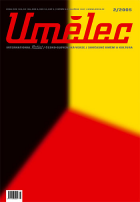
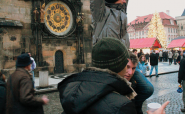
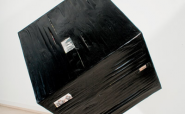
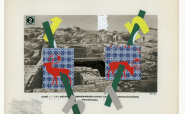
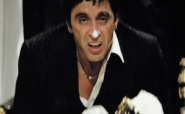
Comentarios
Actualmente no hay comentariosAgregar nuevo comentario